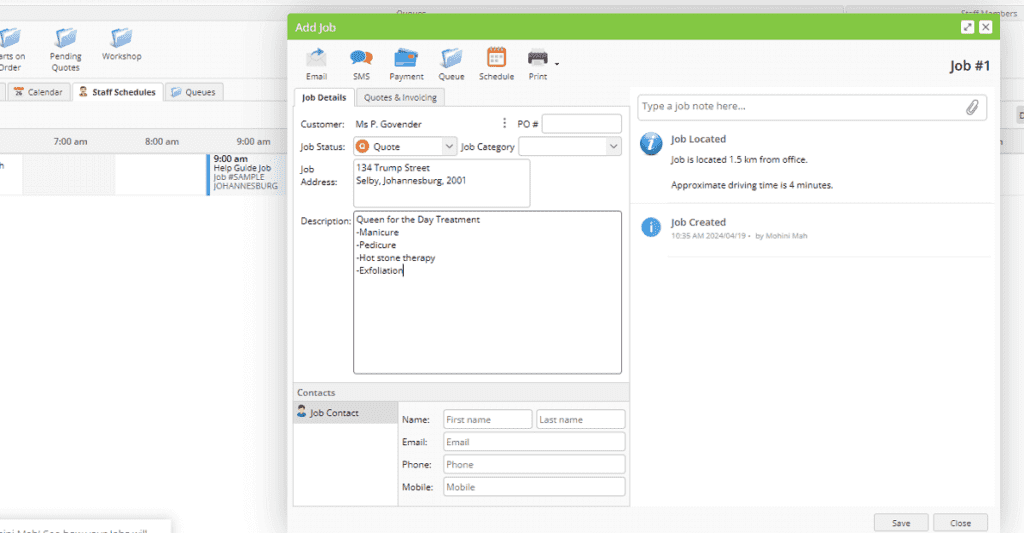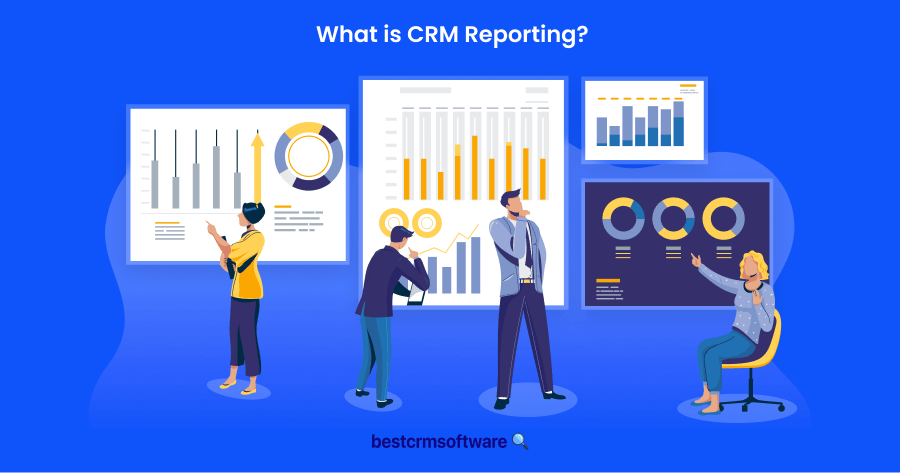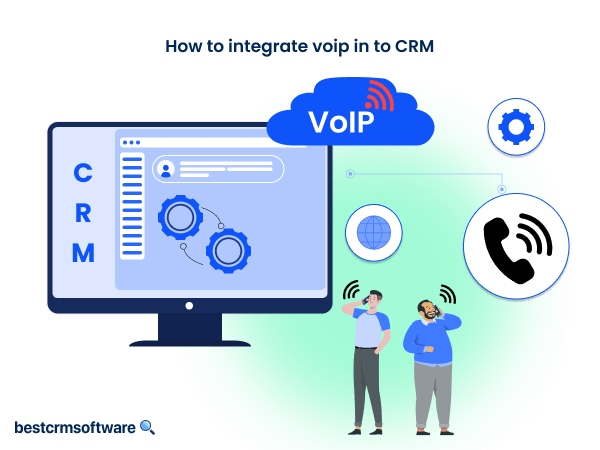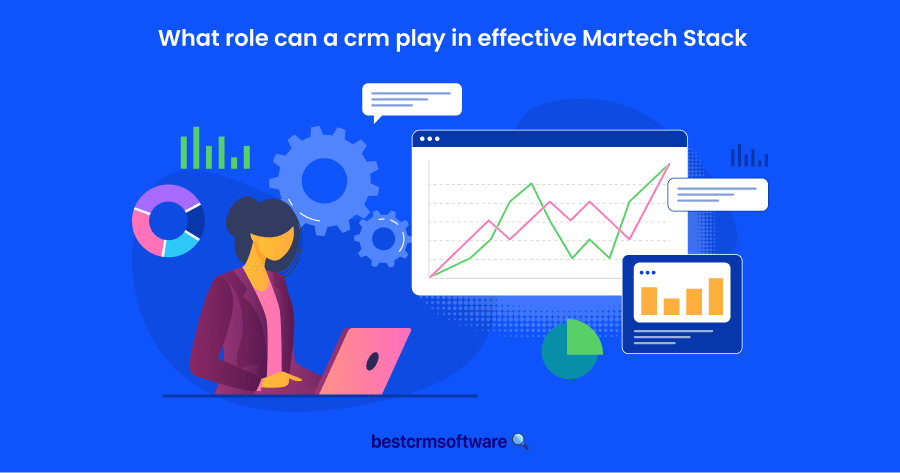
Best CRM Software for HVAC
In a Nutshell
During my time as a construction manager, I’ve encountered numerous HVAC businesses. I’ve observed both highly efficient HVAC companies and poorly managed ones. The poorly managed HVAC companies all had one thing in common: they weren’t using (the right) CRM software. To address this, I’ve compiled a list of the top 5 HVAC CRMs to help elevate your company to the level of the most efficient HVAC businesses in your area.
5 Best CRM Software for HVAC Businesses
1. Servicem8 — Best for smaller local businesses – starting at $29
2. Pipeline CRM — Best for HVAC services aiming to improve their marketing – starting at $25
3. Jobber — Best for quoting and invoicing – starting at $69
4. Keap CRM — Best for increasing revenues – Starting at $249
5. Zoho CRM — Best for larger and growing HVAC Companies – starting at $14
Why HVAC Businesses need CRM Software
HVAC businesses need CRM software to streamline operations and enhance customer relationships. Tools like Zoho CRM, Keap CRM, Jobber, and Pipeline offer essential features such as lead monitoring, contact management, and automation. These features help manage customer interactions, schedule appointments, and send follow-ups, ensuring efficient and organized workflows.
CRM software also provides customization and integration capabilities, allowing HVAC businesses to tailor the platform to their specific needs. Integrating with tools like Google Workspace and QuickBooks ensures seamless operation across different business functions, from job scheduling to invoicing, enhancing overall efficiency and productivity.
In my opinion, investing in CRM software is crucial for HVAC businesses to stay competitive. The automation features save time on repetitive tasks, while centralized dashboards offer a clear view of customer interactions. This results in improved customer satisfaction, streamlined processes, and a scalable solution for business growth.
What Features Should HVAC Businesses Look for in CRM Software?
HVAC businesses should seek CRM software with features like scheduling and dispatching, customer management, and automated follow-ups to improve service efficiency. It should include robust invoicing and payment processing for streamlined transactions, inventory management to track parts and equipment, and mobile access for technicians on the field. Integration with marketing tools and analytics for customer insights and performance tracking is essential.
Additionally, the choice of CRM software depends on the specific needs and areas where the company seeks improvement, such as enhancing customer service, optimizing operational workflows, or increasing sales and marketing effectiveness.
As someone with experience in the construction industry, I believe selecting the right CRM can significantly impact operational efficiency and customer satisfaction, making it crucial for HVAC businesses to choose a solution that aligns with their specific goals and challenges.
Top 5 Best CRM Software solutions for HVAC companies

Why I like it
ServiceM8 is an excellent CRM for HVAC businesses, specifically designed to streamline operations and enhance efficiency. Key features like built-in checklists, advanced appointment scheduling, and sophisticated quoting and invoicing tools make it ideal for managing day-to-day tasks.
Built-in Checklists: I find ServiceM8’s checklists invaluable as they can be customized for various jobs, ensuring that every task is completed efficiently. This flexibility is crucial for maintaining high standards and adapting to unique workflows.
Appointments: The appointments feature integrates seamlessly with the calendar, allowing real-time scheduling adjustments across all devices. I appreciate the customizable scheduling preferences and automated reminders, which reduce no-shows and last-minute cancellations, improving operational efficiency and client satisfaction.
Quote & Invoice: ServiceM8 simplifies financial document management with highly customizable templates. I particularly value the Auto-Quote and Auto-Invoice functionalities, which save time by automatically drafting documents based on job information, ensuring efficient and accurate billing processes.
Overall, I believe ServiceM8 enhances operational efficiency, compliance, and client satisfaction, making it a valuable CRM for HVAC businesses.
Most important HVAC features
- Built-in Checklists
- Appointments & automated reminders
- Quoting
- Invocing
Pros
- User Interface Simplicity
- Immediate Data Updates
- Efficient Scheduling Tools
Cons
- Challenges in Customization
- Occasional Slowdowns
- Challenges with Data Importing

Why I like it
Pipeline CRM is a great choice for HVAC businesses looking to streamline their sales process. It serves as a central hub for managing potential customers, helping teams visualize progress and collaborate effectively to close more deals.
User-Friendly Interface: Pipeline’s user-friendly interface is easy to adapt to, even for those less comfortable with complex software. In my experience, the familiar spreadsheet layout makes it simple for teams to use effectively.
Pipeline Management: The ability to manage multiple sales pipelines is crucial for handling various products and services. I find the Morning Coffee Report, which provides a daily snapshot of key metrics, helps me start my day informed and focused. Powerful reporting tools allow me to compare individual performances and forecast future sales accurately.
Automated Email Tools: Pipeline’s automation tools enhance lead engagement and marketing efforts. In my experience, the precise delivery of tailored messages helps re-engage inactive leads and optimize email list management.
Overall, Pipeline CRM transforms sales pipelines into efficient engines for growth, making it a valuable asset for HVAC businesses.
Most important HVAC features
- Sales automation
- Automated email marketing
- Sales reps management
Pros
- User interface
- Sales Tracking and Automation Features
- Easy to use and set up
Cons
- Limited Email in starting plan
- Limited range of integrations

Why I like it
Jobber is a suitable CRM for HVAC businesses due to its customizable workflows and user-friendly features. I like that Jobber allows me to tailor workflows to match my business processes, making job scheduling, route optimization, and expense tracking straightforward. Sending quotes and invoices via email or text is effortless, and on-site payments can be processed through the mobile app.
Jobber also includes functionality for follow-ups, which is perfect for after-sales care. This feature allows businesses to check if clients are satisfied with their new ventilation systems, enhancing customer satisfaction and retention. While Jobber doesn’t offer as many app integrations as some might need, it’s an excellent choice for new businesses without an established tech stack, allowing them to create accounts with integrated apps for added functionality.
Most important HVAC features
- Scheduling and dispatching
- Invoicing
- Follow-ups
- Online booking
Pros
- Scheduling
- Routing
- Online booking
Cons
- Can be pricey for solopreneurs

Keap
Why I like it
Keap CRM is an excellent choice for HVAC businesses due to its powerful automation and user-friendly interface. Designed for small businesses, Keap simplifies customer relationship management by offering tools to streamline processes and improve efficiency. I found that Keap’s business automation, including automated lead capture and nurturing, is particularly beneficial for small operations, allowing for consistent follow-up and customer satisfaction.
With features like automated email marketing, invoicing, and payment processing, Keap ensures seamless interactions with clients. In my experience, Keap’s ease of integration with apps like Zapier and Gmail makes it versatile and convenient for various business needs. Although the email sequence builder can be a bit clunky and there is a learning curve, the overall functionality, including follow-ups for after-sales care, enhances client satisfaction and business growth. Keap’s comprehensive support and extensive integration capabilities further solidify its value for HVAC businesses.
Most important HVAC features
- Manage customer contact
- Automated follow-ups
- Schedule appointments
Pros
- Schedule appointments
- Marketing focussed
Cons
- Pricey
- For larger businesses only

Why I like it
Zoho CRM is a powerful option for HVAC businesses, especially small and growing companies. It offers essential features like lead monitoring, contact management, and automation in a flexible pricing plan.
Features for HVAC Businesses
Zoho CRM’s automation streamlines follow-ups and appointment scheduling, and its centralized dashboard simplifies lead and customer management. Workflow automation triggers actions based on client behaviors, enhancing service delivery.
Customization and Integration
Zoho CRM’s customization and integration with over 800 apps, including Google Workspace and QuickBooks, ensure seamless operation.
In my opinion, Zoho CRM is an excellent, scalable choice for HVAC businesses, offering comprehensive functionality and affordability.
Most important HVAC features:
- Lead and Contact Management
- Workflow Automation
- Integration with Other Apps
Pros
- Pricing
- Automations
- Ease of Use
Cons
- Customization
- Customer support
- Data Export
Conclusion
Investing in the right CRM software is crucial for HVAC businesses to improve customer satisfaction and streamline operations. By choosing a CRM that aligns with specific company needs and areas for improvement, HVAC businesses can optimize workflows and foster growth. The right CRM can transform an HVAC business into a well-organized, customer-focused operation. Based on my experience, I have chosen Servicem8 as the best CRM for HVAC in general. However, the ideal CRM can vary depending on the specific situation and company size.








